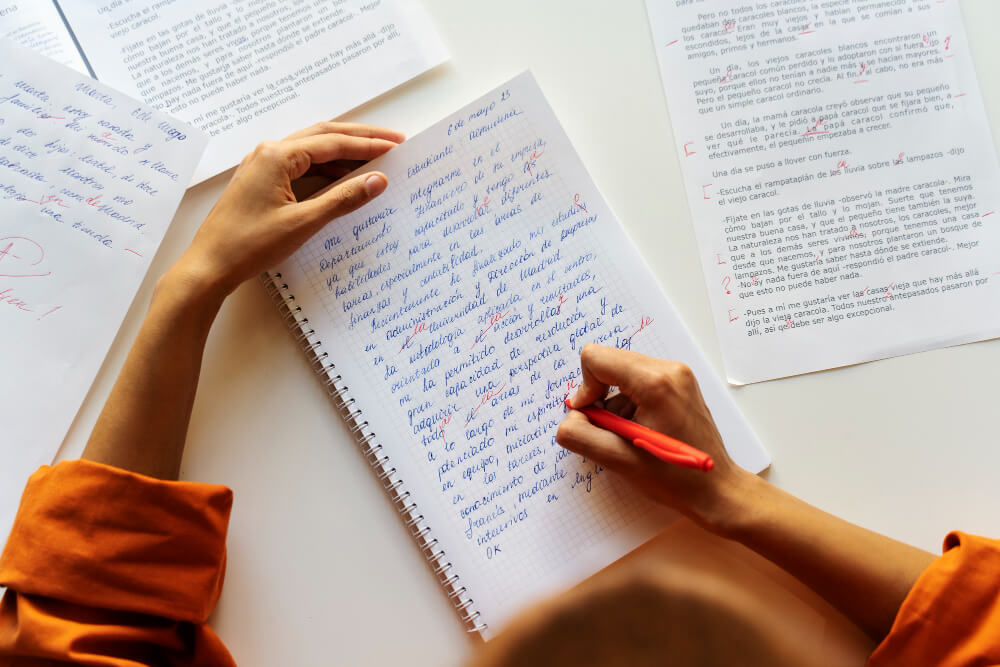Our tutors come from top universities
Greenhill Academics connects you with GCSE English tutors using a specialised online tutoring platform designed for GCSE English Literature. Our UK-based tutors, educated at predominantly Oxbridge universities, are dedicated to providing online GCSE and IGCSE English experiences. The online English private tuition is specifically targeted course texts and aligns fully with the GCSE English Language curriculum. Students often work with tutors on exam technique and strategy on mock papers. We cater to students of all abilities, ensuring a tailored approach to enhance GCSE English Literature skills.
Topics
What will your English Language Tutor teach you?
Shakespeare and 19th Century Literature
Literal and Inferential Comprehension
Teach students to understand texts in context, exploring plot, characterisation, events, and settings. Help students distinguish between explicit and implied meanings. Encourage students to explain motivation, sequence of events, and relationships between actions or events.
Critical Reading
Guide students to identify themes and distinguish between them. Support students in forming and justifying their own viewpoints using evidence from the text. Encourage students to evaluate different responses to the text, considering social, historical, and cultural contexts.
Evaluation of Writer's Choices
Analyse and evaluate how language, structure, form, and presentation contribute to the quality and impact of the text. Teach students to use literary terminology (e.g., metaphor, irony) for evaluation. Help students understand the significance of the writer's vocabulary, grammar, and structural features.
Writing Skills
Guide students in producing clear and coherent written responses for various purposes (e.g., describing, explaining, analysing). Teach students to discuss and maintain a point of view throughout their writing. Emphasise the use of relevant quotations and detailed textual references to support arguments.
Understanding Context
Ensure students grasp the relationship between the text and its various contexts, including the author's life, historical setting, social and cultural contexts, and reception over time.
Modern Literature and Poetry
Literal and Inferential Comprehension
Emphasise understanding of texts in context, including plot, characterisation, events, and settings. Help students distinguish between explicit and implied meanings. Guide students in explaining motivation, sequence of events, and relationships between actions or events.
Critical Reading
Assist students in identifying and differentiating between themes. Support students in forming and justifying viewpoints with textual evidence. Encourage students to evaluate different responses to the text, considering social, historical, and cultural contexts.
Evaluation of Writer's Choices
Teach students to analyse how language, structure, form, and presentation contribute to the text's quality and impact. Guide students in using literary terminology for evaluation. Help students understand the significance of the writer's vocabulary, grammar, and structural features.
Comparing Texts
Teach students to compare and contrast texts studied, focusing on themes, characterisation, context, style, and literary quality.
Writing Skills
Guide students in producing clear and coherent written responses for various purposes (e.g., describing, explaining, analysing). Teach students to discuss and maintain a point of view throughout their writing. Emphasize the use of relevant quotations and detailed textual references to support arguments.




